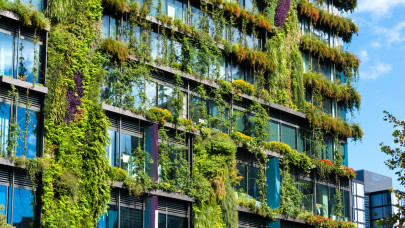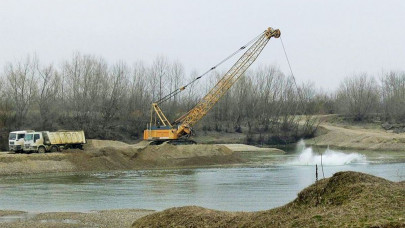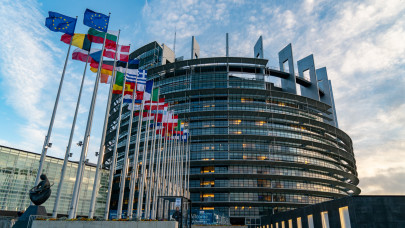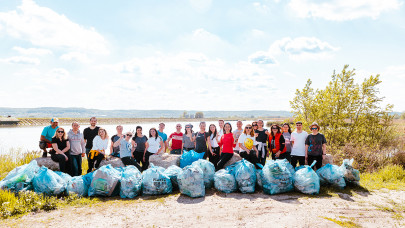“Norway is a long-standing and reliable partner to the EU and we share a common vision for building a climate-neutral continent. We want our societies and economies to prosper together while reducing emissions, protecting nature, decarbonizing our energy systems, and greening our industries. This Green Alliance makes our bond even stronger and allows us to design a better future together”, says President von der Leyen.
The EU and Norway aim to keep global temperature rise within the 1.5C limit under the Paris Agreement while ensuring energy security, environmental protection, and human rights. The EU and Norway will work closely together to ensure the successful implementation of the Paris Agreement and the historic biodiversity agreement reached the UN Biodiversity Conference COP15.
The EU-Norway Green Alliance, prepared and negotiated under the auspices of the Executive Vice-President for the European Green Deal, Frans Timmermans, will focus on the following priority areas:
- strengthening efforts to combat climate change including cooperation on climate adaptation, carbon pricing, carbon removals, and carbon capture, transport, utilization, and storage;
- increasing cooperation on environmental issues with a focus on halting and reversing biodiversity loss, forest degradation, and deforestation, promoting a circular economy and addressing the full life cycle of plastics, developing global standards for the management of chemicals and waste and sustainable ocean management;
- supporting the green industrial transition and further enhancing political and industrial cooperation through strategic partnerships, such as a future Strategic Partnership on Sustainable Raw Materials and Batteries Value Chains;
- accelerating the clean energy transition with a focus on hydrogen and offshore renewable energy.
decarbonizing the transport sector across all modes of transport, with special regard to zero GHG emission and zero pollution shipping;
- increasing regulatory and business cooperation to set global standards for the innovative environmental solutions required to accelerate the transition to circular and net-zero economies;
- consolidating existing collaboration on research, education, and innovation in the areas of decarbonization, renewable energy, and bioeconomy;
- working together to promote sustainable finance and investments to set Europe on a pathway to an environmentally sustainable, climate-neutral, and climate-resilient economy.
A Green Alliance is the most comprehensive form of bilateral engagement established under the European Green Deal, with both parties committing to climate neutrality and to aligning their domestic and international climate policies to pursue this goal. This is only the second agreement of its kind, following the EU-Japan Green Alliance signed in 2021.
The EU and Norway also agree to jointly promote ambitious climate action on the global stage. To this end, the two parties, as leading major donors of climate finance, will cooperate to support developing countries and emerging economies in the process of implementation of their climate and environment policies. To help keep global temperature rise within the 1.5C limit, the agreement confirms that full respect for the precautionary principle is paramount in the Arctic region.














